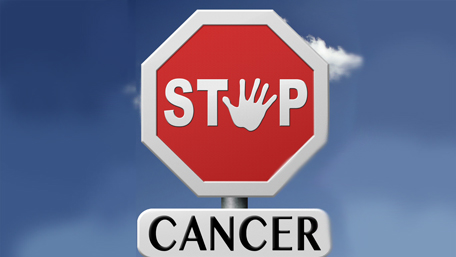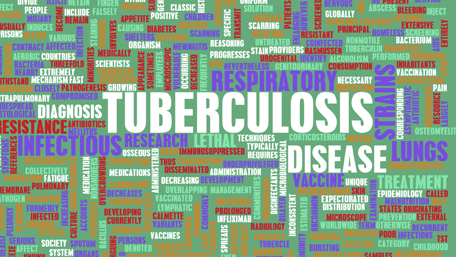
10/19/2020
Hot Topics of the Day are picked by experts to capture the latest information and publications on public health genomics and precision health for various diseases and health topics. Sources include published scientific literature, reviews, blogs and popular press articles.
Sign up MyPHGKB to receive the daily hot topic email alert.
Archived Hot Topics of the Day By Date
COVID-19, Social Justice, and Clinical Cancer Research
JH Doroshow et al, JNCI, October 15, 2020
Analysis of respiratory and systemic immune responses in COVID-19 reveals mechanisms of disease pathogenesis
PA Szabo et al, MEDRXIV, October 19, 2020
Older People No More Susceptible to COVID-19, But Fare Worse
D MacNamara, MEDSCAPE, October 15, 2020
Cytokine elevation in severe and critical COVID-19: a rapid systematic review, meta-analysis, and comparison with other inflammatory syndromes
DE Leisman et al, Lancet Resp Med, October 16, 2020
Entering the era of precision medicine in pediatric oncology
D Hadjdadj et al, Nature Medicine, October 19, 2020
Discovery and validation of a personalized risk predictor for incident tuberculosis in low transmission settings
RK Gupta et al, Nature Medicine, October 19, 2020
Suicide Prevention in the COVID-19 Era- Transforming Threat Into Opportunity
C Moutier, JAMA Psychiatry, October 16, 2020
COVID-19 and Psychological Distress-Changes in Internet Searches for Mental Health Issues in New York During the Pandemic.
Stijelja Stefan et al. JAMA internal medicine 2020 Oct
Individuals with Down syndrome hospitalized with COVID-19 have more severe disease
L Malle et al, Genetics in Medicine, October 18, 2020
Disclaimer: Articles listed in Hot Topics of the Day are selected by Public Health Genomics Branch to provide current awareness of the scientific literature and news. Inclusion in the update does not necessarily represent the views of the Centers for Disease Control and Prevention nor does it imply endorsement of the article's methods or findings. CDC and DHHS assume no responsibility for the factual accuracy of the items presented. The selection, omission, or content of items does not imply any endorsement or other position taken by CDC or DHHS. Opinion, findings and conclusions expressed by the original authors of items included in the Clips, or persons quoted therein, are strictly their own and are in no way meant to represent the opinion or views of CDC or DHHS. References to publications, news sources, and non-CDC Websites are provided solely for informational purposes and do not imply endorsement by CDC or DHHS.
- Page last reviewed:Feb 1, 2024
- Page last updated:May 03, 2024
- Content source:








